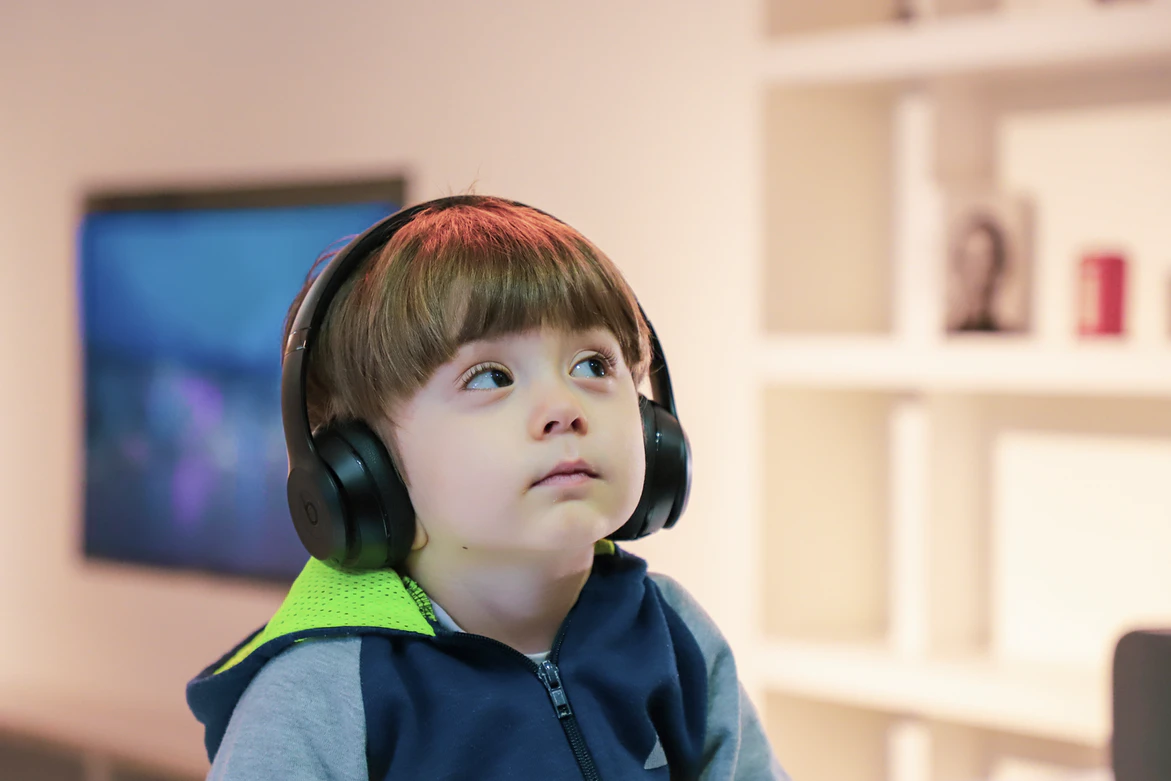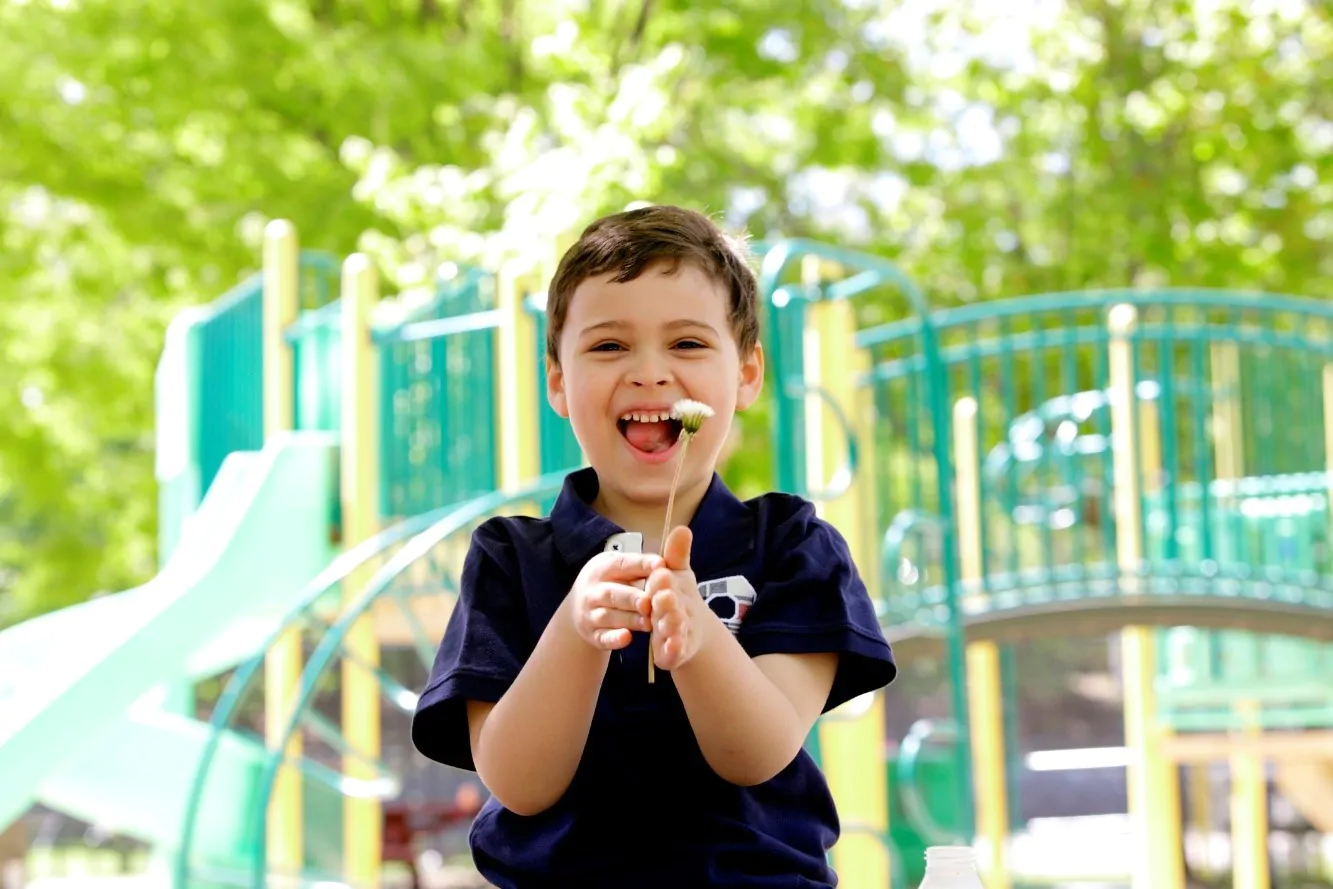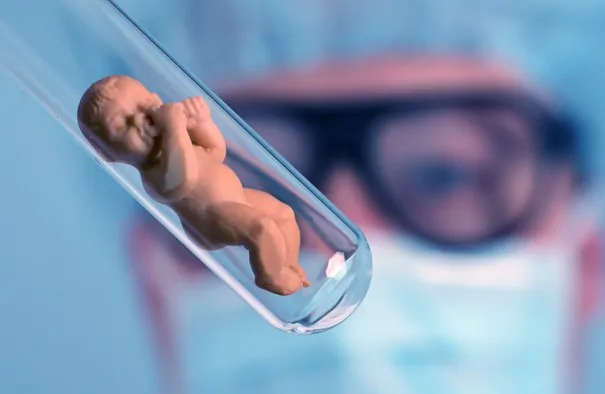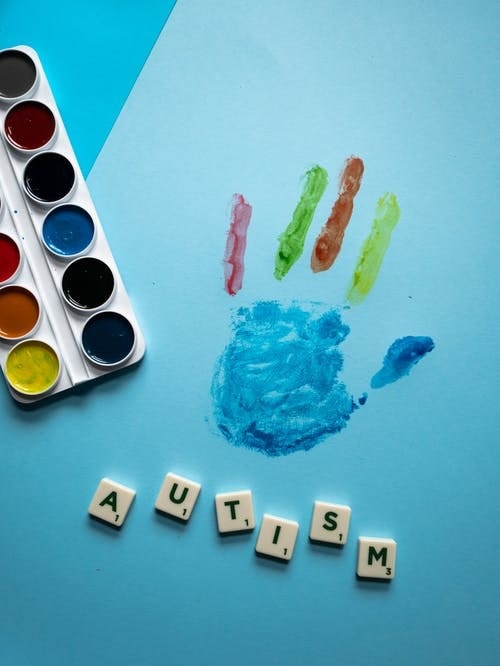Does IVF Increase the Risk of Autism?
Couples who want to have children may not be able to have children naturally due to many reasons. In this case, the most effective method to have a child is in vitro fertilization treatment (IVF Treatment). Well, are babies born by in vitro fertilization as healthy as babies born naturally? Are babies born with IVF treatment at risk of autism? In this article, we have compiled the answers to the most frequently asked questions such as the connection between autism and IVF on subject for you.

What is Autism?
In order to understand the relationship between autism and in vitro fertilization, it is necessary to first know what this situation is. Also known as autism spectrum disorder, this condition is a serious developmental disorder that begins in early childhood. In general, various problems are seen in the development of motor skills such as sitting and walking, as well as in height and weight gain.
The appearance of children with autism disorder is not different from normal children. Some children with this condition may have a large head circumference, but the main problem is that there are behaviors that impair social interaction, and communication, and lead to limited interests and repetitive movements. Sometimes autism symptoms start before the age of 1, sometimes there is normal psycho-social development, and there may be a regression or hesitation in development after the first words such as baby food or father are spoken. This affects the structure and functioning of the brain and is caused by problems in the nervous system. In addition, this disorder has nothing to do with the way of raising children and the socio-economic level.
Diagnosis of this ailment is not possible in the womb. It is four times more common in boys than girls, but the root cause of this situation is not fully known. This condition is included as a subgroup of pervasive developmental disorders, and pervasive developmental disorders that cause it are listed as follows:
- Asperger’s Syndrome: Language development in Asperger’s syndrome is much better than in autism.
- Rett Syndrome: Rett syndrome is only seen in girls rather than boys. Rett syndrome, which is associated with severe mental retardation and small head circumference, is a genetic disease.
- Disintegrative: In disintegrative disorder, the child’s development is normal until the first two years of age, but later on, autism-like findings appear.
What Are the Symptoms of Autism?
The most basic symptom of autism is the inability to make eye contact with children with the disorder. They may have short-term eye contact and a shy look. When a child with this condition is called by his/her name, he/she cannot generally react and as a result of the research, most children are faced with speech problems. These children have very limited imitation skills.
Children with autism disorder cannot show their desires. They can express their wishes by pulling the arm of the person who will meet their needs, lifting that person away, or crying. They hesitate to communicate with their peers or elders. In general, they cannot participate in group games and cannot fully play with toys. Additionally, there is no difference between animate and inanimate objects for children with this condition.

How is Autism Diagnosed?
The diagnosis of autism cannot be made completely with laboratory tests and imaging techniques. In addition to the tests, the child psychiatrist should also observe the child and ask some questions to the family so that the diagnosis can be made fully. In addition, the diagnosis of other diseases that cause this condition, blood tests, neurological findings, and metabolic diseases should also be evaluated.
How Is Autism Treatment?
This disorder, also known as an autism spectrum disorder, does not have any medication or surgery. The main purpose of the treatment applied to this disease is to increase the quality of life and to give the child functional independence. At the same time, autism treatment aims to support developmental delays, treat other disorders associated with autism, and help the family in this process.
IVF Treatment Does Not Increase Autism Risk!
The idea that IVF treatment increases the risk of autism is a huge misconception in society. As a result of the research, there is no connection between autism and IVF treatment. There is no difference in terms of health between babies born with IVF treatment and babies born naturally. With this method, there is no relation with any disease or health problem that can be seen in the baby who will be born with this method, on the contrary, genetic diseases are less common in babies born with in vitro fertilization treatment. The main reason for this situation is the selection of the healthiest embryos for the treatment. As a result, this method of treatment does not increase the risk of autism.

Pregnancy Process in IVF Treatment is Completely Same as Natural Ways!
There is no difference between a baby born by natural means and a baby born by in vitro fertilization treatment. The only difference is the process until pregnancy is achieved. After IVF treatment, the pregnancy period, birth and postpartum period are exactly the same in both cases. For this reason, there is no relationship between autism or other diseases and IVF treatment.
